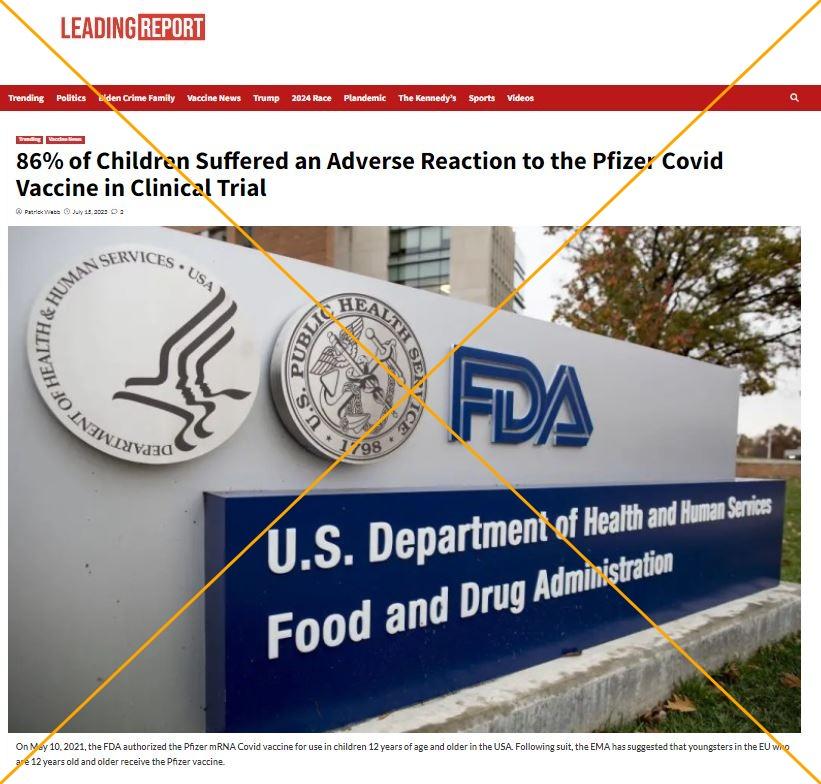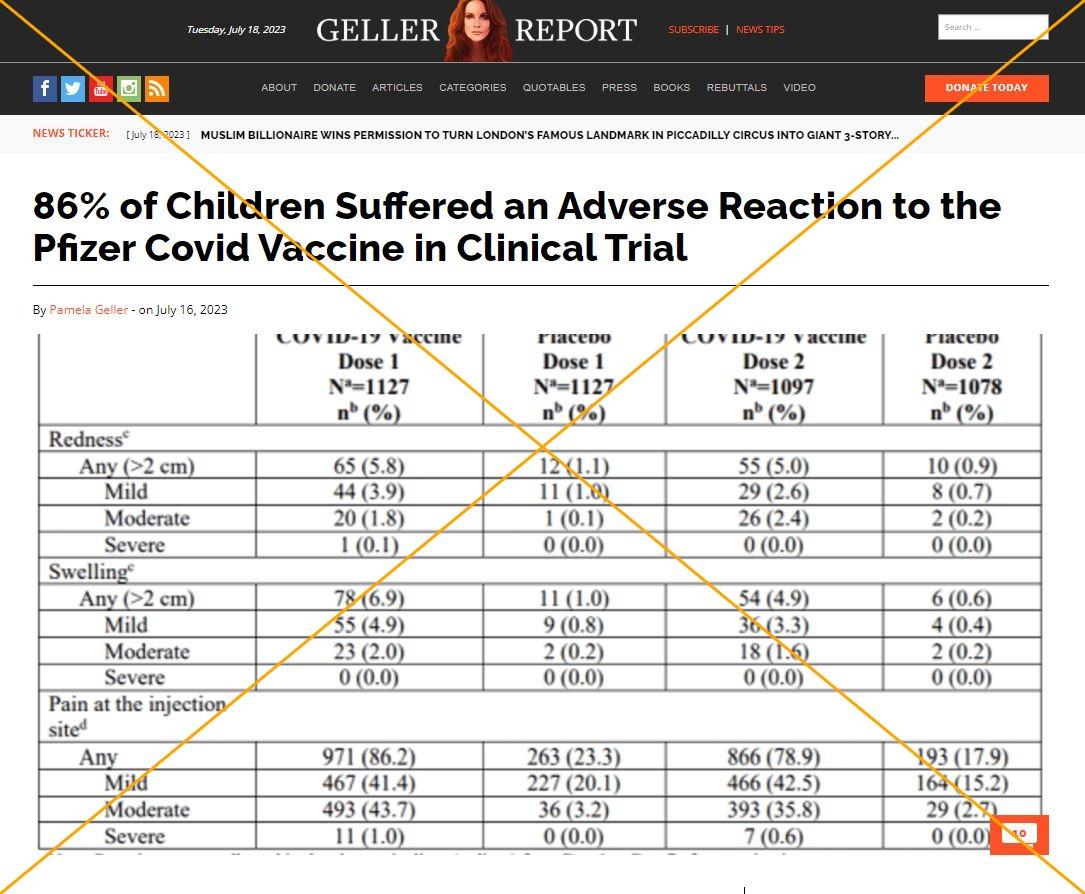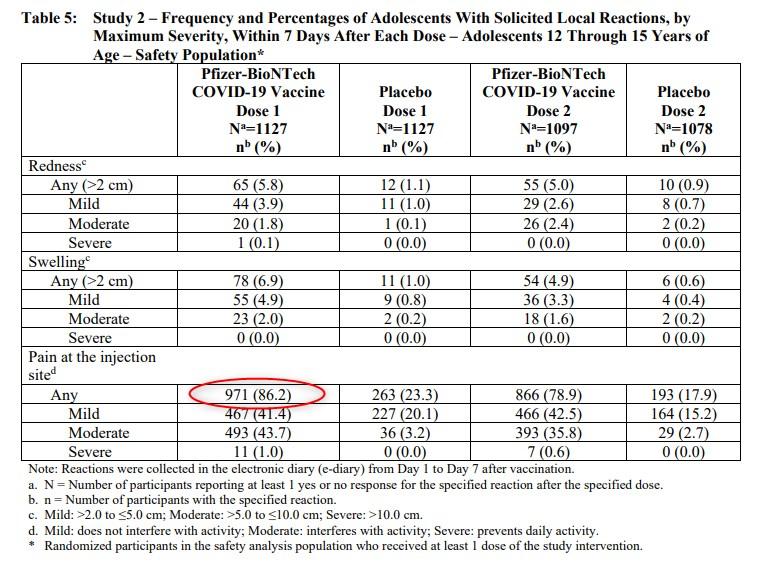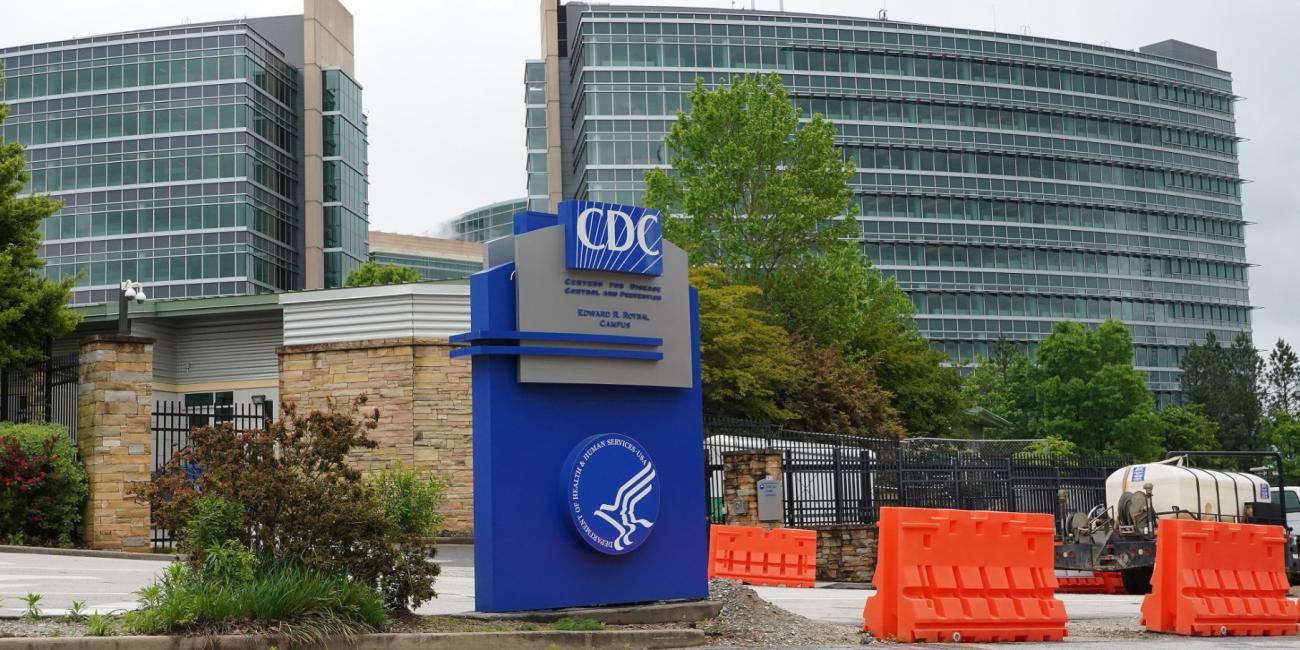
Posts misrepresent Pfizer Covid vaccine's adverse effects
- This article is more than two years old.
- Published on July 21, 2023 at 21:48
- 4 min read
- By Daniel FUNKE, AFP USA
"BREAKING: 86% of children suffered an adverse reaction from the COVID vaccine, according to Pfizer clinical trials," says a July 15, 2023 tweet from Leading Report, which AFP has previously fact-checked for spreading misinformation.
The website published an article about the statistic the same day.
"Did you know that according to Pfizer's clinical trials on kids between the ages of 12 and 15, 86% of those who received at least one dose of the vaccine experienced mild to severe side effects?" the story says.
Similar claims and posts sharing screenshots of the article have circulated elsewhere on Facebook and Instagram since at least 2021 -- including in French. Other conspiratorial websites, including Before It's News and the Geller Report, have also promoted the 86 percent figure.


The posts are the latest in a string of claims that the Covid-19 vaccines are harmful -- despite the fact that public health authorities have long said they are safe and effective at preventing severe illness and death. More than 5.5 billion people worldwide have received at least one shot, according to the World Health Organization, saving millions of lives.
Covid-19 vaccines are associated with some rare serious adverse events, but the claims swirling online do not refer to them. Instead, they cite the number of children who experienced temporary pain during Pfizer's clinical trials.
"The information in the story appears to have been pulled from the Fact Sheet for Healthcare Providers Administering Vaccine (Vaccination Providers) that was revised in May 2021 at the time the Pfizer-BioNTech Covid-19 Vaccine was authorized for use in adolescents 12 through 15 years of age," a US Food and Drug Administration (FDA) spokesperson told AFP in a July 19 statement.
That document (archived here) includes a chart showing the number of children who experienced "pain at the injection site" within seven days of receiving each dose of Pfizer's vaccine. Of 1,127 participants, 971 -- or about 86 percent -- reported "any" level of pain, ranging from mild to severe.

The US Centers for Disease Control and Prevention (CDC) Immunization Safety Office told AFP that some adverse events, including soreness, are common following vaccination with messenger RNA shots such as Pfizer's.
"However, they're very often mild or moderate in nature, and typically resolve in a few days," the agency said in a statement emailed July 20. "Severe adverse events requiring medical attention are rare."
Pfizer told AFP in a July 19 email that the company takes adverse events (AEs) reported following vaccination "very seriously."
"Spontaneously reported AEs are collected for all products to monitor for potential safety issues that may not have been seen in clinical studies," the company said. "It is important to understand, however, that the AEs reported may not have any causal relationship to the vaccine."
Serious side effects are rare
Pfizer's clinical trial results (archived here) found that, among recipients aged 12-15, the vaccine had "a favorable safety profile, produced a greater immune response than in young adults and was highly effective against Covid-19." The FDA authorized the shot in May 2021, saying the "known and potential benefits ... outweigh the known and potential risks" (archived here).
Since then, some serious reactions have emerged -- but public health authorities say such side effects are rare in children and teenagers.
The CDC is monitoring reports of heart inflammation including myocarditis and pericarditis following vaccination (archived here). However, such ailments are far more common following Covid-19 infection.
"Reporting rates were around 70 cases per million doses in males ages 12 through 15 years," the agency says on its website (archived here), citing a study published in January 2022 (archived here).
The CDC adds that the risk of heart inflammation, which has more often affected males, "may be further reduced with a longer time between the first and second dose."
Other adverse events following vaccination are also uncommon, according to the CDC.
"Febrile seizures were rare in Covid-19 vaccine clinical trials for young children and occurred at similar rates for both Pfizer and Moderna Covid-19 vaccines," the agency says on its website, which also notes that severe allergic reactions are rare.
Public health authorities continue to analyze Covid-19 vaccines in what the CDC has called "the most intense safety monitoring efforts in US history" (archived here). The agency recommends primary vaccination for everyone aged six months and older, and booster shots for those five years and older.
AFP has fact-checked other false and misleading claims about vaccines here.
Copyright © AFP 2017-2026. Any commercial use of this content requires a subscription. Click here to find out more.
Is there content that you would like AFP to fact-check? Get in touch.
Contact us




